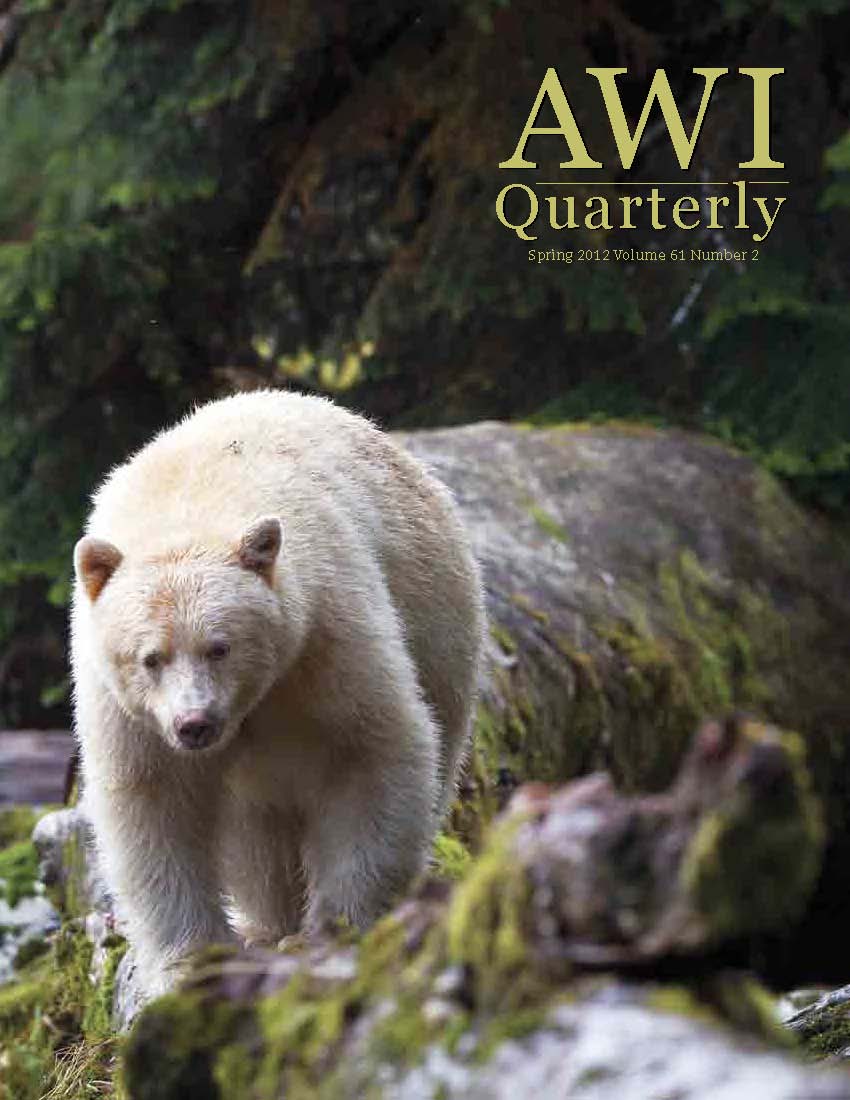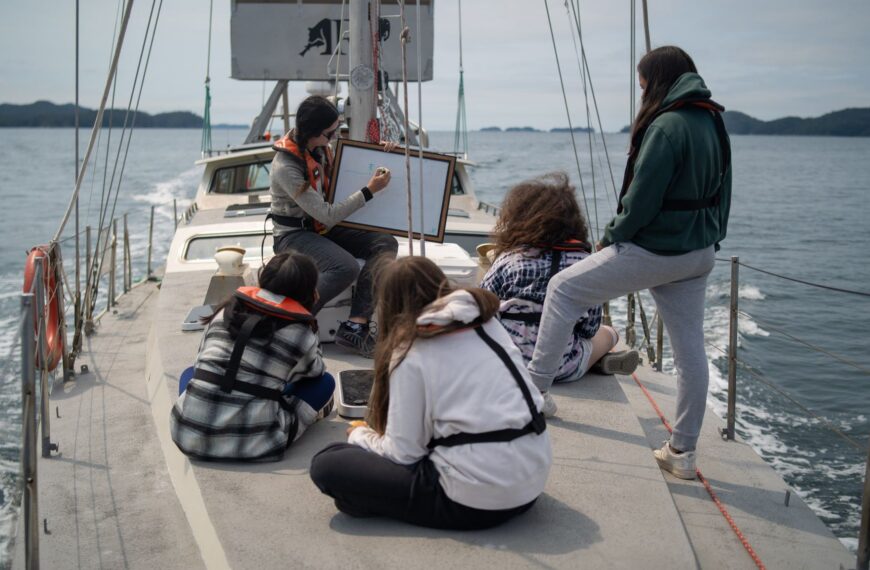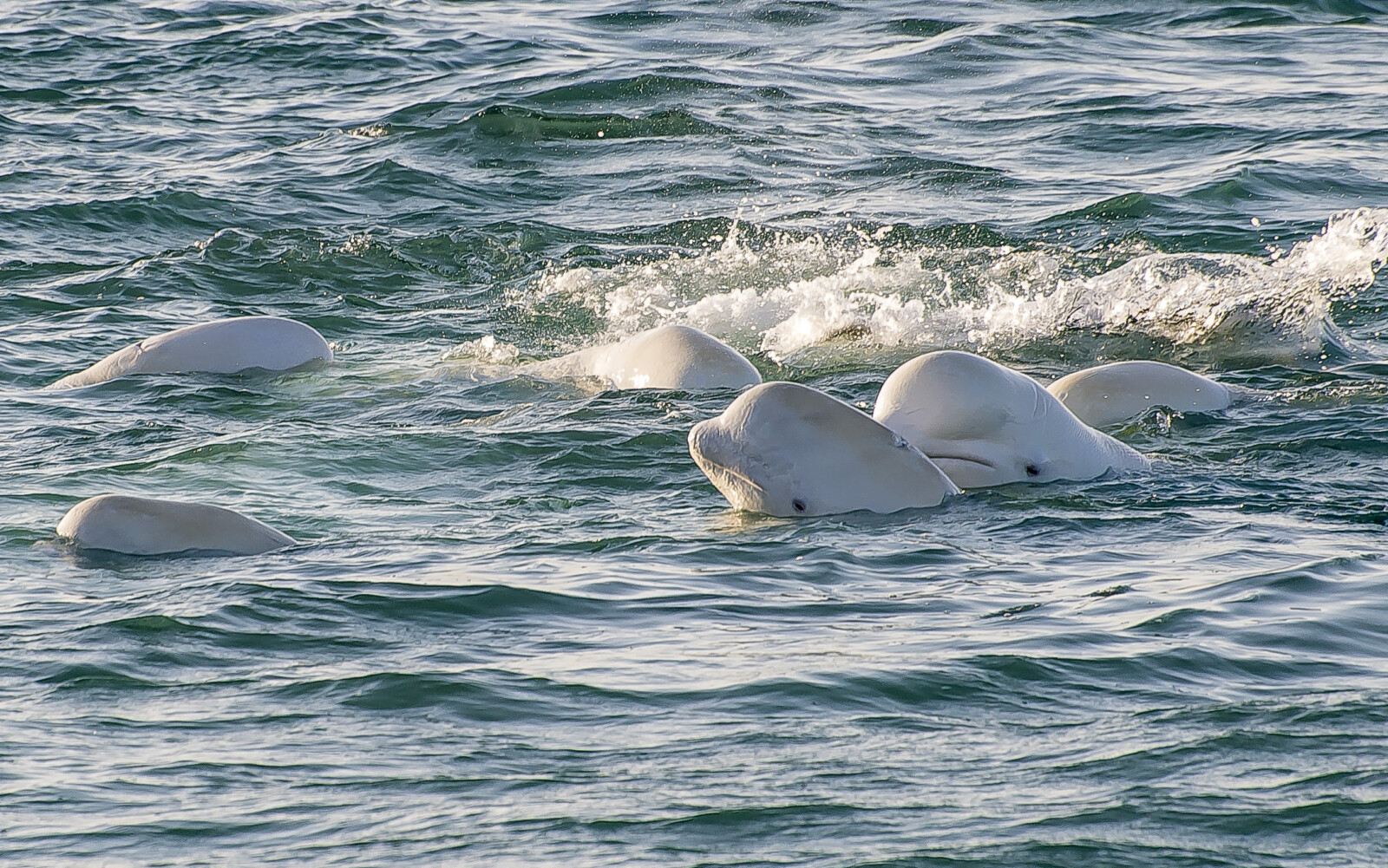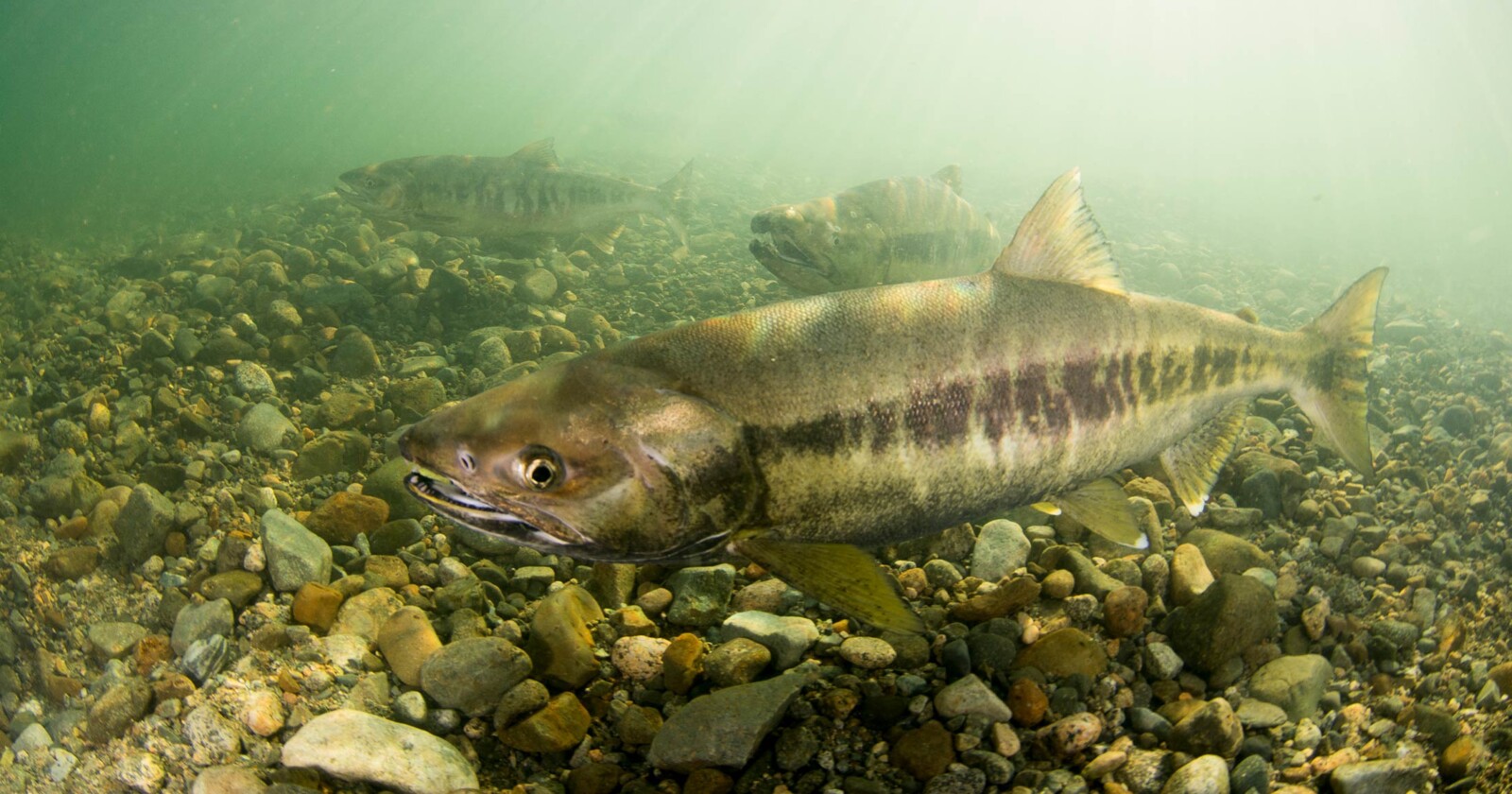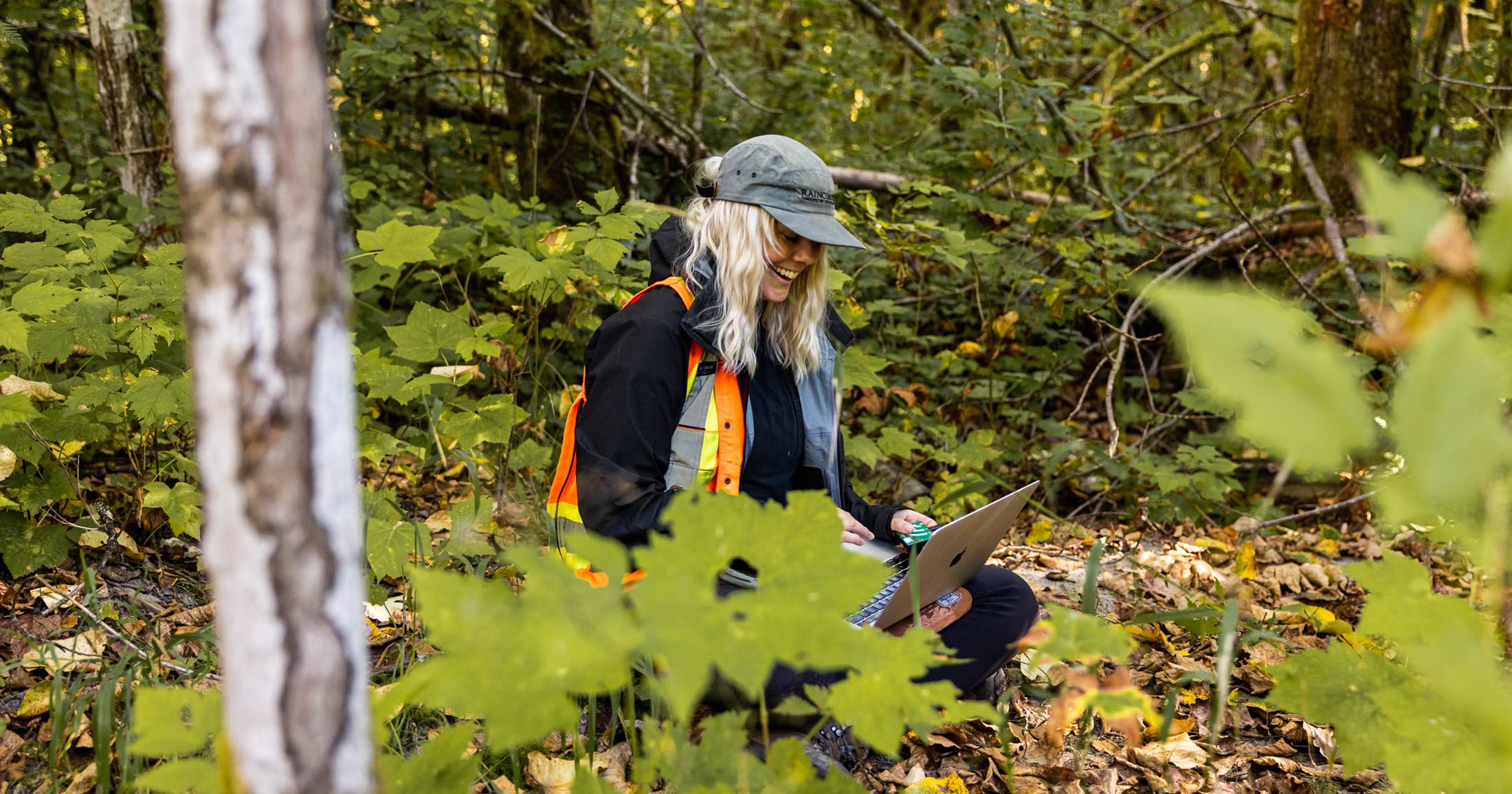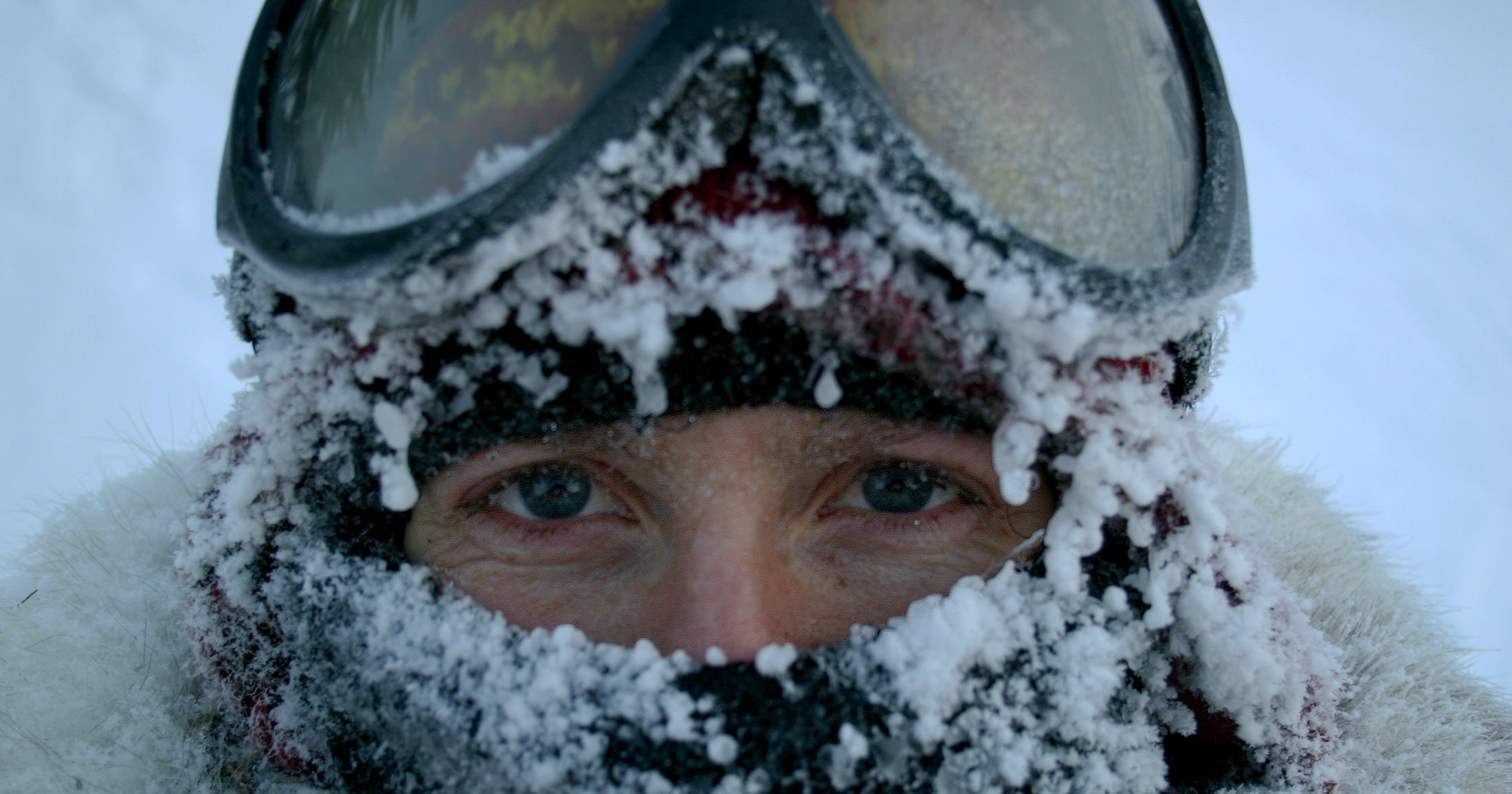Tar sands pipelines and oil tankers threaten North American wildlife
Wildlife welfare ethic – taking animal welfare considerations into the wild
Increasingly, Raincoast is articulating the need for an animal welfare ethic that applies to wildlife.
Read the Raincoast cover story in the Spring 2012 issue of AWI Quarterly magazine here on how pipelines and tankers threaten wildlife:
AWIQ_article
The following links take you to other Raincoast articles and media coverage on our work to promote a wildlife ethic
https://www.raincoast.org/media/in-the-news/habitat-in-the-news/northern-gateway-project-threatens-wildlife/
https://www.raincoast.org/media/in-the-news/habitat-in-the-news/wildlife-part-of-the-pipeline-equation-too/
https://www.raincoast.org/media/announcements/announcements-wolves/welfare-of-wolves-goes-to-canine-conference/
You can help
Raincoast’s in-house scientists, collaborating graduate students, postdoctoral fellows, and professors make us unique among conservation groups. We work with First Nations, academic institutions, government, and other NGOs to build support and inform decisions that protect aquatic and terrestrial ecosystems, and the wildlife that depend on them. We conduct ethically applied, process-oriented, and hypothesis-driven research that has immediate and relevant utility for conservation deliberations and the collective body of scientific knowledge.
We investigate to understand coastal species and processes. We inform by bringing science to decision-makers and communities. We inspire action to protect wildlife and wildlife habitats.


